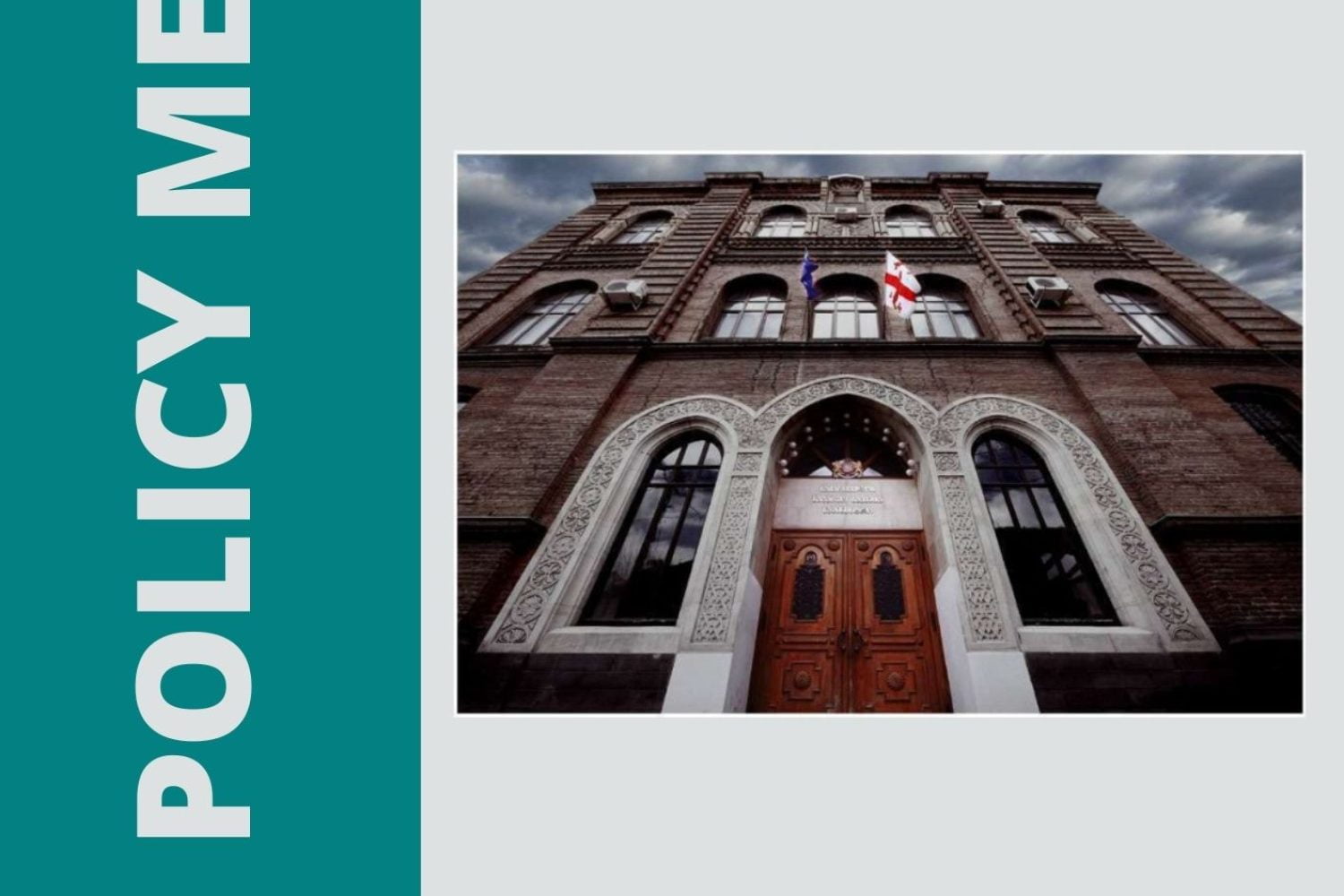2023-05-08 09:19:14
© Originally published: Ponars Eurasia
Conventional wisdom holds that small states in hostile environments have minimal menus of foreign policy options. This theory is being tested in the countries wedged between Russia and the EU/NATO following Russia’s full-scale invasion of Ukraine and intensified geopolitical rivalry between Moscow and the West. For its part, Georgia’s foreign policy strategy has been the subject of intense scrutiny and mounting criticism inside and outside of the country in recent years. Before the outbreak of the war, the Black Sea state, squeezed between Russia and Turkey, pursued international relations within a common small-state pattern. It has formally advanced Euro-Atlantic integration aims, close economic and strategic partnerships with neighboring Turkey and Azerbaijan, pragmatic ties with China and Iran, and a Russia-accommodating policy.
However, after Russia’s 2022 invasion of Ukraine, by and large, Tbilisi has kept an uneasy equidistance from both Moscow and the West. While the Georgian government has not formally joined Western sanctions against Russia, it highlights that it complies with them all and will not allow its territory to be used to circumvent them. At the same time, it has let thousands of Russian citizens and businesses relocate to Georgia and adopted controversial messaging about the war. All this, together with rising anti-Western narratives promulgated by the ruling Georgian Dream party, strengthens the lean of Georgia’s orbit into a Russia-first policy.
Georgians are not ready to sacrifice Western aspirations, territories, and independence to avoid military aggression from their Northern neighbor. Georgian Dream supporters are more ready to compromise Western orientation for avoiding the war than opposition supporters and non-partisans. On the other hand, younger people, urban populations, and respondents with higher levels of education are less eager to trade the country’s pursuit to the West for hypothetical peace with Russia. […] Most Georgians assess the role of Ukraine’s President Volodymir Zelenskiy positively, followed by the role of former British Prime Minister Boris Johnson and US President Joe Biden. On the other hand, Russian President Vladimir Putin and Belorussian president Alexander Lukashenko are assessed negatively.
- Georgia’s Failing Balancing Act
- Domestic Determinants of Transactional Foreign Policy
- Lost in Pragmatism
Kornely Kakachia is Jean Monnet Chair and Professor of Political Science at Ivane Javakhishvili Tbilisi State University. Currently he is Visiting Fellow at the Centre for European Policy Studies (CEPS), Brussels.
Bidzina Lebanidze is Postdoctoral Fellow at the Friedrich Schiller University Jena and Senior Policy Analyst at the Georgian Institute of Politics.




